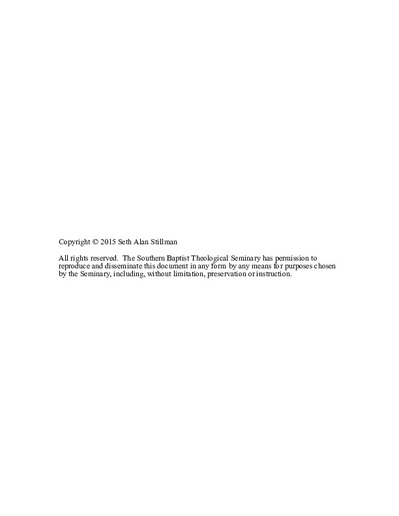| dc.description.abstract | The intent of this two-phase, sequential mixed methods study was to explore the effectiveness in disciplinary practices of adoptive parents with children who previously experienced dissolved or disrupted adoptions. The research question this study set out to answer was the following: What is the relationship, if any, between adoptive parents’ practices of discipline in adoptions following previous dissolved or disrupted adoptions and their child’s behavior, especially as it relates to improvement in behaviors?
The design of the first and primary phase of the study was quantitative, a census, to gather data from the population. The data for this study were gathered through surveys completed by parents who have re-adopted a child who was previously involved in a dissolved or disrupted adoption. The participants primarily gained access to the survey by receiving an email with a link to the survey from the adoption agency or adoption service provider the family was associated with.
The questions in the instrument that measured the frequency of negative behaviors in the first 90 days of placement, were subtracted case-wise from their matching counterparts in the most recent 90 days. For each survey completed, a mean difference for the entire scale of fifteen questions were determined and used as the continuous dependent variable in the statistical analysis. The independent variables included demographic information, history of the re-adopted child, and specific parental practices of discipline.
ANOVA applied to parents’ perception of primary disciplinarian and an overall decrease in negative behaviors supported the existence of a significant relationship within the sample (p = 0.042). There was a significant decrease in negative behaviors when parents perceive both the mother and the father as the primary disciplinarians when compared to families where the mother alone was perceived to be responsible for discipline. Parents who had three or fewer biological children had the most significant decrease in overall behaviors between the time the child was adopted and the time the survey was taken, while parents who had four or more biological children had a slight increase in negative behaviors (p = 0.021). Children who experienced their dissolved or disrupted adoption at the age of eight or higher had a greater decrease in negative behaviors when compared with children who were seven or younger at the time their adoption ended in dissolution or disruption (p = 0.044).
The following parental practices of discipline showed the greatest relationship with a decrease in the child’s negative behaviors when parents utilized the following practices of discipline in the first 90 days of placement: talking to the re-adopted child about their behavior (p = 0.000), yelling or raising of one’s voice (p = 0.008), utilizing between 7-9 types of discipline (p = 0.038).
A qualitative research phase was conducted after completing the quantitative phase. The qualitative phase involved phone interviews with parental couples in order to assist in interpretation of quantitative data, elaborate on the actual practices of discipline utilized in the home, and provide greater substance and meaning to the quantitative phase.
KEYWORDS: adoption, attachment, behavior, communication, corporal punishment, disruption, discipline, dissolution, failed adoption, foster care, lying, orphanage, parental discipline, parenting, physical aggression, punishment, raising voice, Reactive Attachment Disorder (RAD), re-adopted, re-home, time out, verbal aggression, yelling. | en_US |

